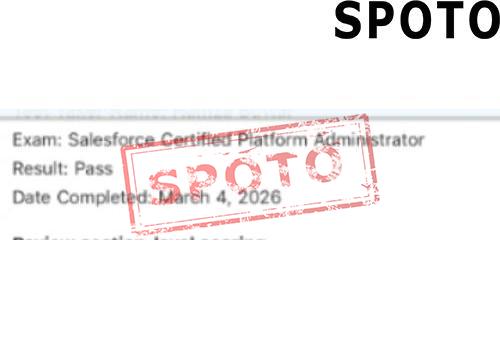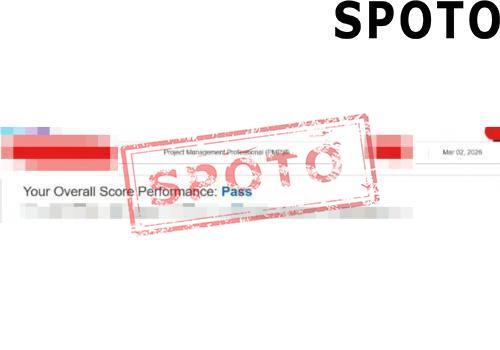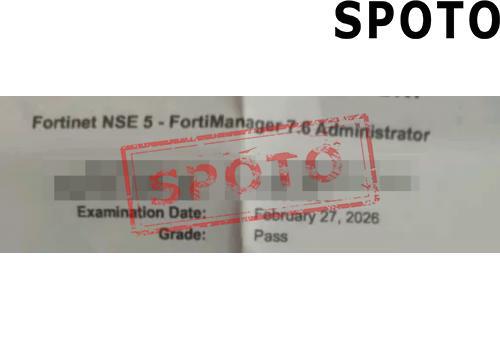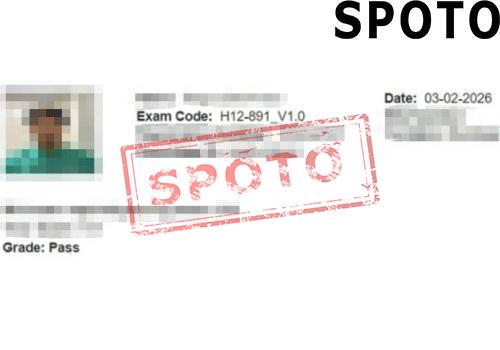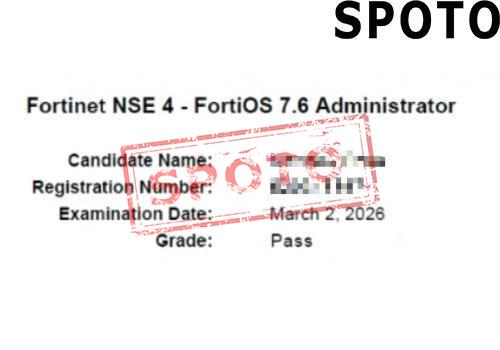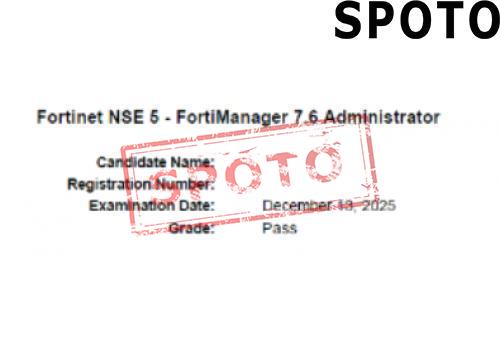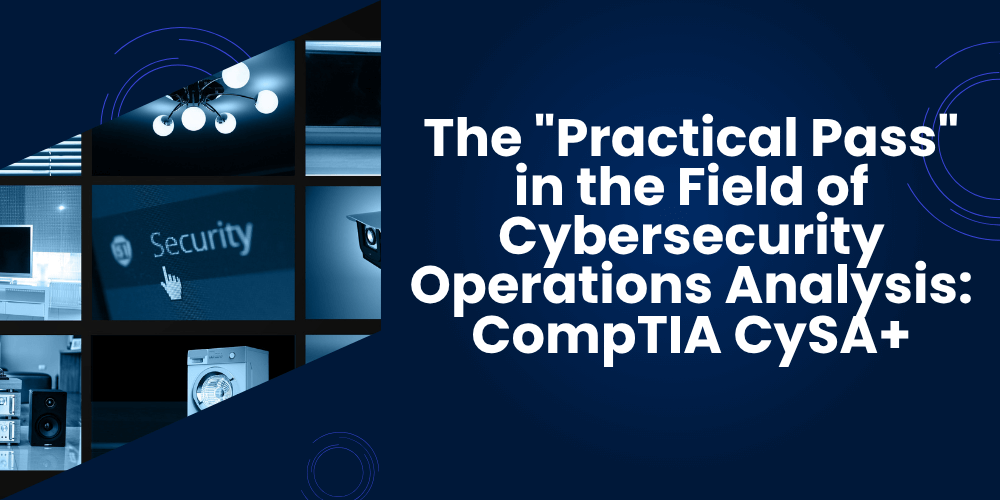
Table of Contents
From this article, you will understand that CySA+ is a "practical pass" in the field of cybersecurity operations analysis and a qualification for practitioners to advance.
1. What is CompTIA CySA+ certification?
The CompTIA Cybersecurity Analyst+ (CySA+) is an intermediate-level cybersecurity analyst certification offered by CompTIA, a globally renowned IT certification organization. It focuses on data-driven threat detection, security monitoring, and incident response. It verifies the holder's practical ability to identify potential threats, assess risks, and support incident response by analyzing logs, traffic, and security data. It is a highly recognized, practical qualification in the cybersecurity operations field.
Amid the increasing sophistication of cyberattacks, enterprises need analytical talent capable of proactively identifying threats, not just passive defense. The core goal of the CySA+ is to cultivate "data analysts for security operations." It requires holders to go beyond tool operation and employ methods such as log analysis, traffic interpretation, and vulnerability assessment to locate anomalies within massive amounts of data, identifying malware communications, privilege abuse, and data breaches. This certification provides security teams with actionable threat intelligence, supporting decision-making throughout the entire process from detection to response. It serves as a key role in bridging security monitoring and proactive defense.
2. Why Earn Your CompTIA CySA+?
As a globally recognized security analyst certification, CySA+, with its core focus on data-driven analysis and practical PBQ questions, directly verifies a holder's threat detection and problem-solving abilities.
Currently, with the increasing threat of ransomware and supply chain attacks, companies are surging in demand for professionals who can proactively identify threats. The data analysis and threat detection skills possessed by CySA+ holders are core skills for addressing these challenges and are well-suited to industry demands. One of the hallmarks of the CySA+ certification is that it's not tied to a specific vendor's technology. Its knowledge system is applicable to various IT environments, offering cross-platform versatility and strong career adaptability.
In short, the CompTIA CySA+ certification is a "real-world pass" in the field of cybersecurity operations analysis. Its core value lies in cultivating professionals who can leverage data to gain threat insights and support proactive defense. It is a crucial qualification for practitioners to establish themselves and advance in the security operations field.
3. Do you know the details about CompTIA CySA+ certification?
The CySA+ assessment focuses on practical analysis and covers key capabilities across the entire security operations process, including threat and vulnerability management, security monitoring, incident response, security architecture and tools, and compliance and risk management. Practitioners are required to identify and assess vulnerabilities, using scanning tools to detect vulnerabilities in systems, applications, and network devices. They must understand the CVSS scoring system and categorize vulnerability severity. They must also collect and analyze IOCs and TTPs from public sources and business intelligence, linking them to organizational assets and predicting potential attack paths. Furthermore, practitioners must prioritize risks, prioritizing vulnerability remediation based on business impact and threat probability to avoid wasted resources.
Log collection and analysis, as well as network traffic analysis, are part of CySA+'s daily work. They collect log data from firewalls, endpoints, and other devices, and conduct centralized analysis using SIEM tools. They identify anomalous patterns and suspicious communications, distinguish between legitimate and attack traffic, and monitor endpoint process, registry, and file system changes, as well as access logs for cloud resources, to identify threats unique to cloud environments. Similarly, after an incident occurs, CySA+ must classify it based on severity, initiate the appropriate response process, quickly collect evidence, and implement interim measures to isolate infected hosts and block malicious IP addresses to prevent escalation. After the incident is concluded, CySA+ must compile an incident analysis report, reconstruct the attack chain, identify defense gaps, and provide mitigation recommendations.
In terms of security architecture, practitioners must master the basics of tools such as SIEM and vulnerability scanners, be able to select appropriate technical solutions based on the scenario, understand the principles of limiting lateral movement of attacks through network segmentation and zero-trust architecture, analyze the effectiveness of access control policies, identify the division of security responsibilities within cloud service models, monitor cloud configuration compliance, and ensure the security of cloud and hybrid environments.
4. Qualifying for the CompTIA Cybersecurity Analyst+ certification
(1) Prerequisites
There are no mandatory requirements for the CySA+ certification, but CompTIA recommends basic network knowledge, CompTIA Network+ or equivalent experience, 1-2 years of network security or IT operations experience, and familiarity with operating systems and common security tools. There is no mandatory training for the exam, but the official recommendation is to consolidate skills through courses or practical labs.
(2) Exam details
The CySA+ certification exam lasts 165 minutes and covers a total of 90 single-choice questions, multiple-choice questions, performance-based questions, and practical questions that simulate real-world scenarios. The CySA+ certification exam has a maximum score of 1000 points, and a score of ≥750 points is considered a pass. The exam fee is a global uniform price of approximately US$370.
(3) Maintaining certification
The CySA+ certification is valid for 3 years, and 30 continuing education (CE) credits must be accumulated every 3 years to maintain validity.
5. Similar certifications of CompTIA Cybersecurity Analyst+ certification
- GIAC Certified Intrusion Analyst (GCIA)
- Council Certified Threat Intelligence Analyst (CTIA)
- Microsoft SC-200: Security Operations Analyst Associate
- Systems Security Certified Practitioner (SSCP)
